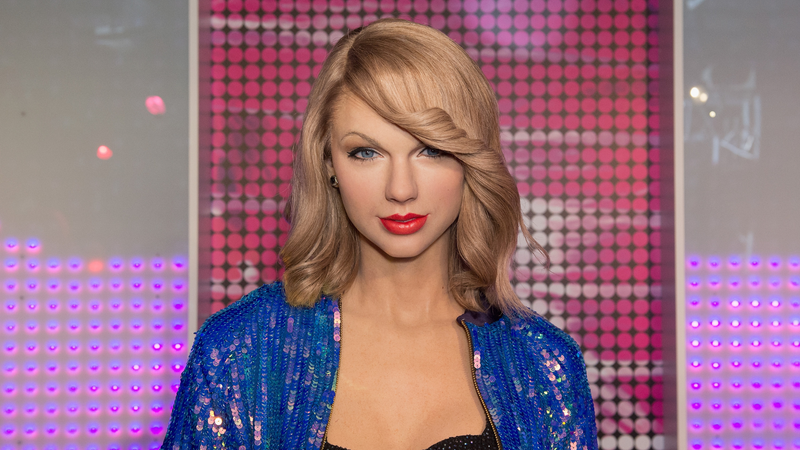
Artificial intelligence is so sophisticated these days that it can use celebrities like Taylor Swift to scam people, and that's precisely what happened.
Someone created a deepfake using Taylor Swift's image and voice for a Facebook ad claiming to give away Le Creuset cookware, but as it turns out, neither the cookware company nor Swift were involved.
"Hey y'all, it's Taylor Swift here. Due to a packaging error, we can't sell 3,000 Le Creuset cookware sets. So I'm giving them away to my loyal fans for free," the deepfake of Swift says in the video.
Switfites who clicked the link were directed to fake versions of reputable sites with phony articles about Le Creuset that prompted shoppers to provide $9.96 for shipping to get their free products.
The Swift supporters received no cookware and, instead, were stuck with new fraudulent monthly charges added to their credit cards.
Le Creuset has reported that no such giveaway was going on.
KNX News' Chief Correspondent Charles Feldman spoke with Aaron Rafferty, a behavioral scientist, tech expert, and CEO of a tech startup called Standard DAO, who said while the technology isn't anything new, it has become more lifelike, and that presents some problems.
"There's many of these instances where you have lifelike and actual people with the same voice speaking in a manner that is very persuasive, and it's also potentially extremely hazardous to the human sentiment as well as the social condition," said Rafferty.
Want to get caught up on what's happening in SoCal every weekday afternoon? Click to follow The L.A. Local wherever you get podcasts.
Rafferty warns that the technology will only improve, and with the presidential election coming up, deepfakes could prove disruptive.
"There are companies today where anyone can create their own deepfake. [It] takes two minutes," Rafferty said. And while the latency for the tech is, at best, five seconds, in his view, it is a ways away from real-time fakes.
While some reject calls for government intervention in the name of preserving innovation, Rafferty believes regulation is critical, saying this would be the government's opportunity to get on it before it's too late.
Follow KNX News 97.1 FM
Twitter | Facebook | Instagram | TikTok
